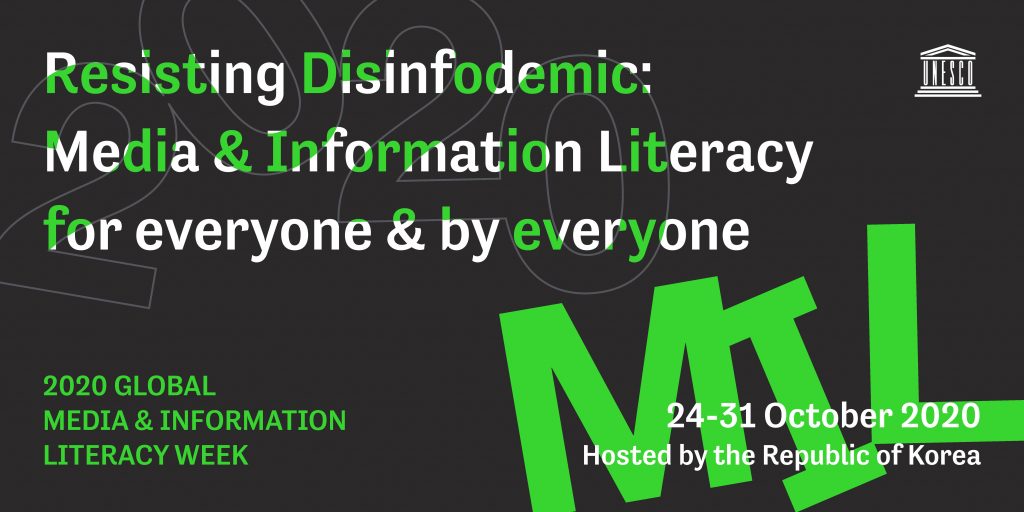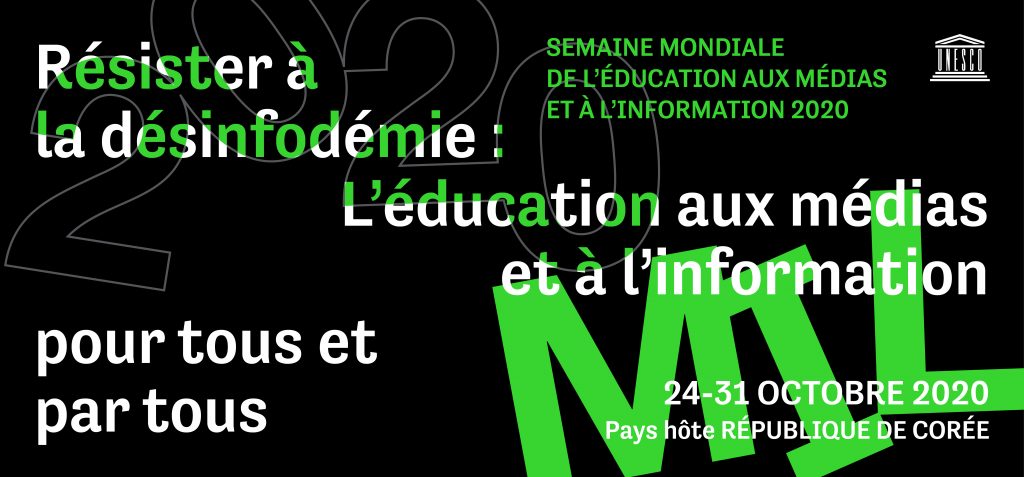
Disinformation has been around since the beginning of human society.
In early civilisations disinformation was spread by rumours and gossip. Later, graffiti was carved into temples and hieroglyphs were disfigured with rewritings by subsequent kings who wanted to change the narrative of past history. Later, disinformation posters were stuck on city walls next to official proclamations to spread counter narratives, and propaganda pamphlets were printed to confuse the public. Then came newspapers, radio and television, all of which have been used as disinformation tools at times.
The problem is not that disinformation is new, it is that it can now spread fast and wide through the internet and new social media platforms. That’s why it is important to teach people to be able to tell the difference between information based on facts and truth and disinformation intentionally meant to cause confusion, seed unrest and cast doubt on verifiable facts and decisions through false narratives and distortion of facts.
With UNESCO’s Global Media and Information Literacy Week beginning this Saturday 24 October, it is timely to reflect on the tools needed by media reporters to unmask disinformation and to do all we can, as media outlets, to inform the public to be careful of being manipulated.
With this in mind, the ABU Media Academy held a webinar called Verification Tools to Counter Fake Content.
In the webinar, Wilfried Runde, Head of Research and Cooperation Projects at Deutsche Welle, introduced the tool “Truly Media” and provided examples of the effects of fake news and why fact checking is so important. His colleague Ruben Bouwmeester demonstrated the tools he uses to detect fakes.
UNESCO also has a series of events and tools available to help to counter disinformation. You can find them toward the bottom of this page.
Together with its Feature Events (International MIL, Intercultural Dialogue Conference and Youth Agenda Forum), Global MIL Week calls for local events around the world to promote MIL connections across disciplines and professions. If you are doing something for Global Media and Information Literacy Week , please register your event here.
Steve Ahern
Head of ABU Media Academy
